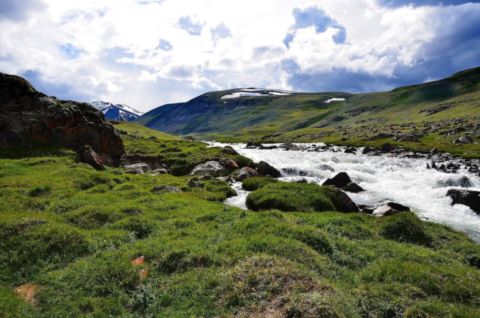We enjoy travelling and discovering new places for us. But what are professional geographers engaged in? Sergey Belov, Candidate of Sciences (Geography), Associate Professor of the Department of Town Planning, Engineering Networks and Systems, Associate Professor of the Department of Ecology and Chemical Engineering, speaks on this topic.
– How is this holiday celebrated at our university?
– This holiday is a novelty for SUSU: posters are appearing, but, in my opinion, no specific events are being held yet.
– What kind of education can students obtain in this field?
– Students can obtain pedagogical education and work as Geography teachers or lecturers in schools, colleges, or universities. They can also conduct scientific research on our planet and participate in expert assessments of the ecological state.
– It seems that all continents and countries have already been discovered... What do specialists study now? What are the trends in this area? Maybe there are still unexplored and mysterious places?
– At present, geographers study the mechanisms of functioning of natural territorial complexes, that is, although there are very few blank spots on the surface of the Earth, the question of how the territories of the Earth are changing is still very relevant. Therefore, now the main trend in the study of our planet is the assessment of human influence on natural systems with the choice of rational nature management. In addition, many places on the planet have not been studied yet, for example, in the Chelyabinsk Region alone, dozens of caves are discovered every year, many subglacial lakes and rivers of Antarctica and Greenland are being discovered and studied only just now, and the World Ocean is still full of mysteries!
– If we cannot travel the whole world in 80 days, then where should we start at? Maybe with studying our native region?
– It is very wise indeed: the study of geography begins with the native land, with trips around the city districts, the nearest rivers, lakes, mountains. In order to become interested in nature, you need to "see" it and study what is around you, and then, when the interest increases, any person will want to know how the Earth is arranged, what is interesting in Russia and the world in general. Of course, such interest should be fostered already in elementary school both in classes and in the family!




